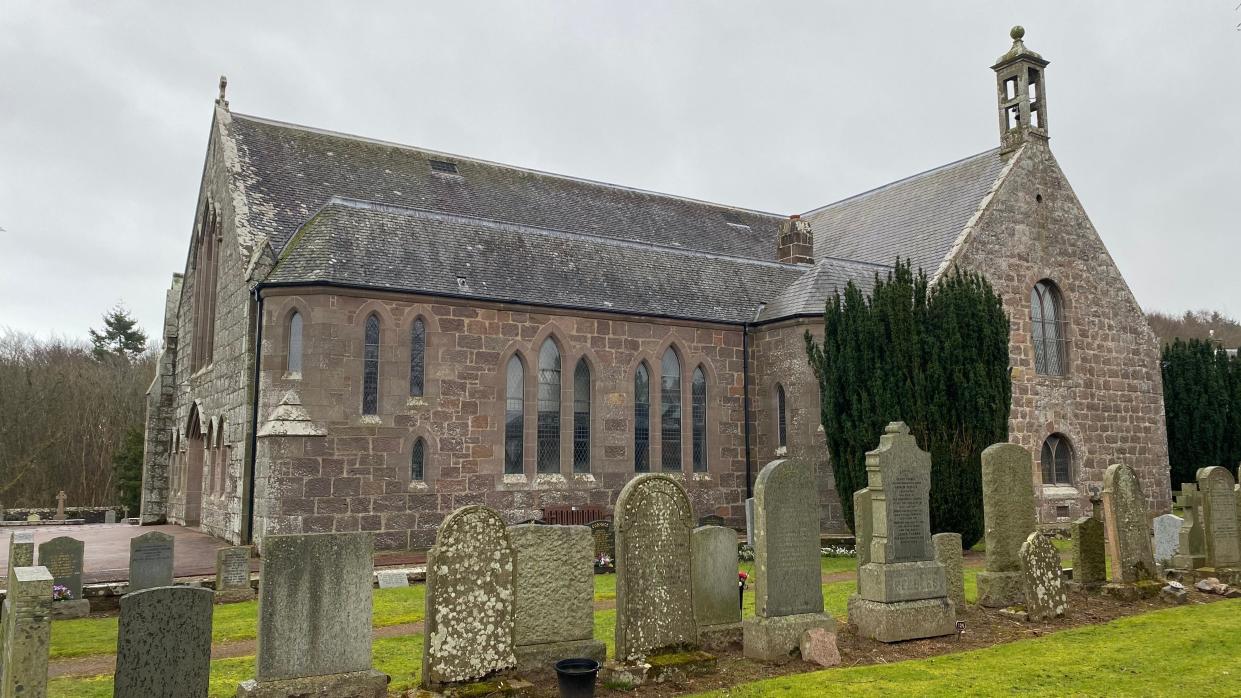Most Scots have no religion - census

The majority of people in Scotland say they have no religion, according to the latest figures from the 2022 Census.
It is the first time that the total number who responded "no religion" (51.1%) was higher than those with a religion.
Other UK countries have also seen an increase in "no religion" but the latest figure for England and Wales (37.2%) is much lower than in Scotland.
The Church of Scotland remains the largest religious group but its numbers have halved since 2001 from 42.4% to just 20.4% in the latest census.
The next largest religious groups were Roman Catholic (13.3%), "Other Christian" (5.1%) and "Muslim" (2.2%).
The percentage of people with no religion has increased from 36.7% in 2011 to 51.1%.
It increased across all age groups, with young people are more likely to say they had no religion.
However, the number of people in the over-65 age group with no religion has more than doubled since 2011 - an increase of 186,700 people.
"No religion" was the most common response in every council area in Scotland except in Na h-Eileanan Siar (Western Isles) and Inverclyde.
In the Western Isles "Church of Scotland" (35.3%) was the most common response but no religion increased to 29.9%.
In Inverclyde "Roman Catholic" (33.4%) was the most common response.
Ethnicity
The latest release of census data also showed an increase in people who said they were from a minority ethnic background - from 8.2% in 2011 to 12.9% in 2022.
The majority of people in Scotland chose "Scottish" (77.7%) or "Other British" (9.4%).
All other ethnic groups were referred to as "Minority ethnic group".
This includes some ethnic groups that were in the White category on the census form such as Irish, Polish, Gypsy/Traveller, Roma and Showman/Showwoman.
The percentage of people born outside the UK increased from 7.0% to 10.2% between 2011 and 2022.
National identity
The percentage of people who said Scottish was their only national identity increased since the previous census (from 62.4% to 65.5%).
The proportion who said their only national identity was British also increased (from 8.4% to 13.9%).
The percentage who said they felt both Scottish and British decreased (from 18.3% to 8.2%).
Census problems
England and Wales held their census in 2021, with a 97% completion rate.
However, the Scottish government delayed the latest one by a year because of the Covid pandemic, and by the initial deadline of April 2022 it had only achieved an average return rate of 79%.
The deadline had to be extended before it finally achieved 89% participation.
A "lessons learned" review of Scotland's census is being carried out.
Further data from the census will be released in the coming months.

